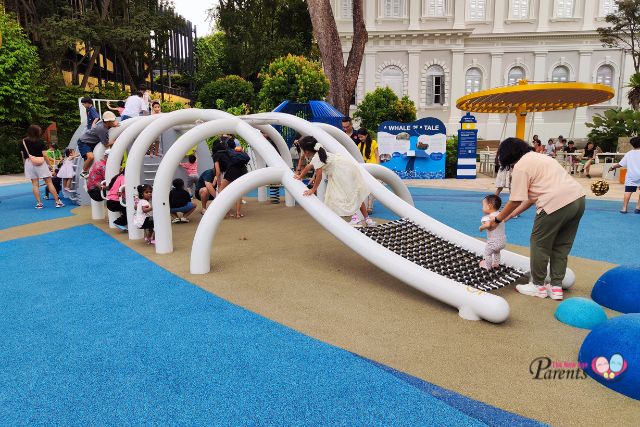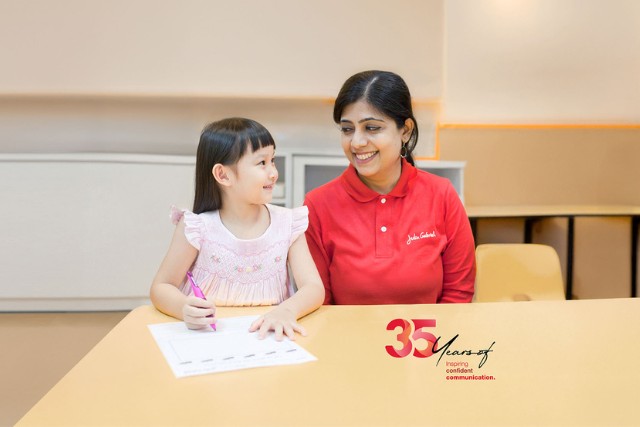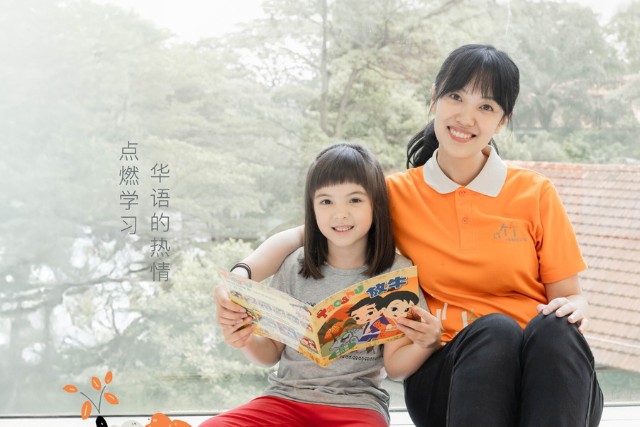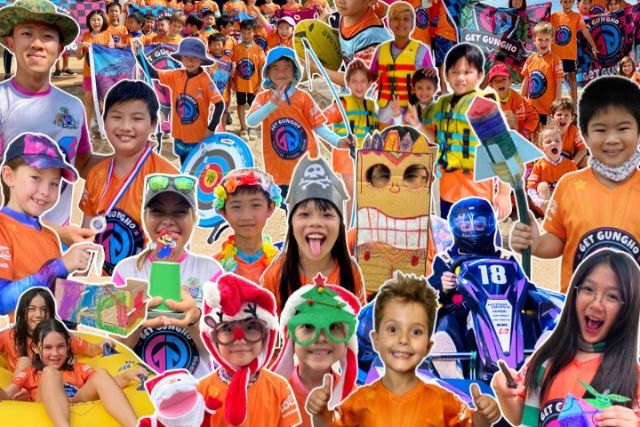It was a battle between nurture and nature. Does the child brain develop according to a set of defined limits set by the genes or does intellectual stimulation affect the development and growth of the brain.
The studies are still going on but since Beth Lucy Wellman’s* time in 1940s, there have been more and more studies to support the theories that it is intellectual stimulation that “Turns on” the synapses in the brain. Once “on”, these pathways or synapses continue to work and get stronger throughout a lifetime. It is also assumed that these synapses if not “turned on”, are eliminated. Basically, the use it or lose it theory goes into practice.

About the Brain:
It is pretty complicated how it all works in the brains but to simplify it. The brain is made up of neurons, or brain cells, which connect to one another through synapses. when the brain is developing, the millions of neurons are “switched on” by individual electrical currents. If two neurons are coupled, but they are not electrically active together, then those synapses are pruned or lost*. This is how experience literally wires the brain.
Infants go through a critical period of “synaptical exuberance” or a “synaptical surge” immediately after birth and during the first year of life. After that begins the “pruning” process that ends some time at the beginning or end of puberty. An adult is left with fewer synapses than an infant.
What Does That Mean For Parents?
It means that the former years of life are very important for getting the brain set up for learning. Many experts believe that the most important years of a child’s brain development are those before school age. Fifty per cent of the ability to learn is developed in the first four years of a child’s life and another thirty per cent by the age of eight.
There is a lot of emphasis placed on parents to talk and read to their children. Equally important is that the children are provided with different learning experiences each time. Information and the method of delivery should be tailored to the needs of the child with visual, verbal and written information available to be absorbed.
This is where a total development program is essential. Educational Technologies has designed such a program specifically suited to the developmental processes of young children. It focuses on developing the areas of knowledge, skills and values required for the total development.
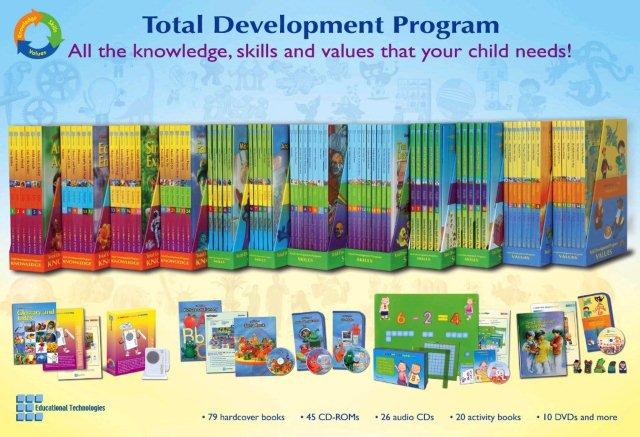
The knowledge component of the Total Development Program, A Child First Library of Learning, is part of this indispensable learning tool. Giving children a head-start in life is a priority for any parent, and with more than 25 million copies sold in 23 languages and 45 countries over the past 20 years, ‘A Child’s First Library of Learning’ has proven to be a trusted and respected educational resource for families everywhere. Educational Technologies’ Total Development Program provides a holistic approach to the acquisition of knowledge, skills and values.
The advanced interactive technology, “Walter” that is included, allows your child to experience information in a whole new way. Listen to the sounds of a harp or a lion, hear an account of the discovery, and sing along with Walter as the lyrics are informative and fun. Let children discover the 24 volumes covering all questions a child would ask in the areas of ‘Life’, ‘Nature’, ‘Science’ and ‘Our World’. Educational Technologies has used one of the world’s smallest optical barcode readers in Walter, incorporating over 10,000 sound files With 1 gigabyte of memory. It offers endless hours of fun learning.
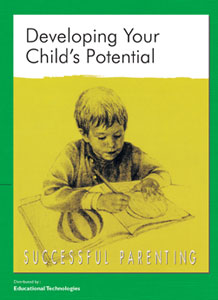
Another obstacle faced while raising children is getting them interested in different subjects. Once children are excited to learn and discover, then they will retain information like sponges but the habit needs to be cultivated. The tradition of reading and specifically reading to acquire information is a habit that is easiest cultivated by the parents at home. Utilizing time at home to read about the world we live in will engrain not only the habit of acquiring knowledge but the process itself becomes a way of bonding between parent and child.
It is known that once children develop the desire for the knowledge they become quite insatiable.
“Give me a dozen healthy infants and my own specific world to bring them up in, and I’ll guarantee to take anyone at random and train him to become any type of specialist I might select – doctor, lawyer, artist, merchant, chef and yes, even beggar and thief, regardless of his talents, penchants, tendencies, abilities, vocations, and race of his ancestors.” – John B. Watson, Psychologist 1924
The quote by John B Watson only reiterates the strong belief that it is early childhood stimulation that moulds and develops the brain. Image what Dr. Watson would have been able to do with ‘A Child First Library of Learning‘ and the interactive technology that is built-in Walter.
Please feel free to contact us for the preview of the Total Development Program.
Article contributed by Jay Koh.
Dr. Lise Eliot: Associate Professor in the Department of Neuroscience at the Chicago Medical School Beth Lucy Wellman: a psychologist in the 1930s and 40s. – She was one of the first researchers to discover a link between brain stimulation and intelligence.
If you find this article useful, do click Like and Share at the bottom of the post, thank you.
Like what you see here? Get parenting tips and stories straight to your inbox! Join our mailing list here.
























